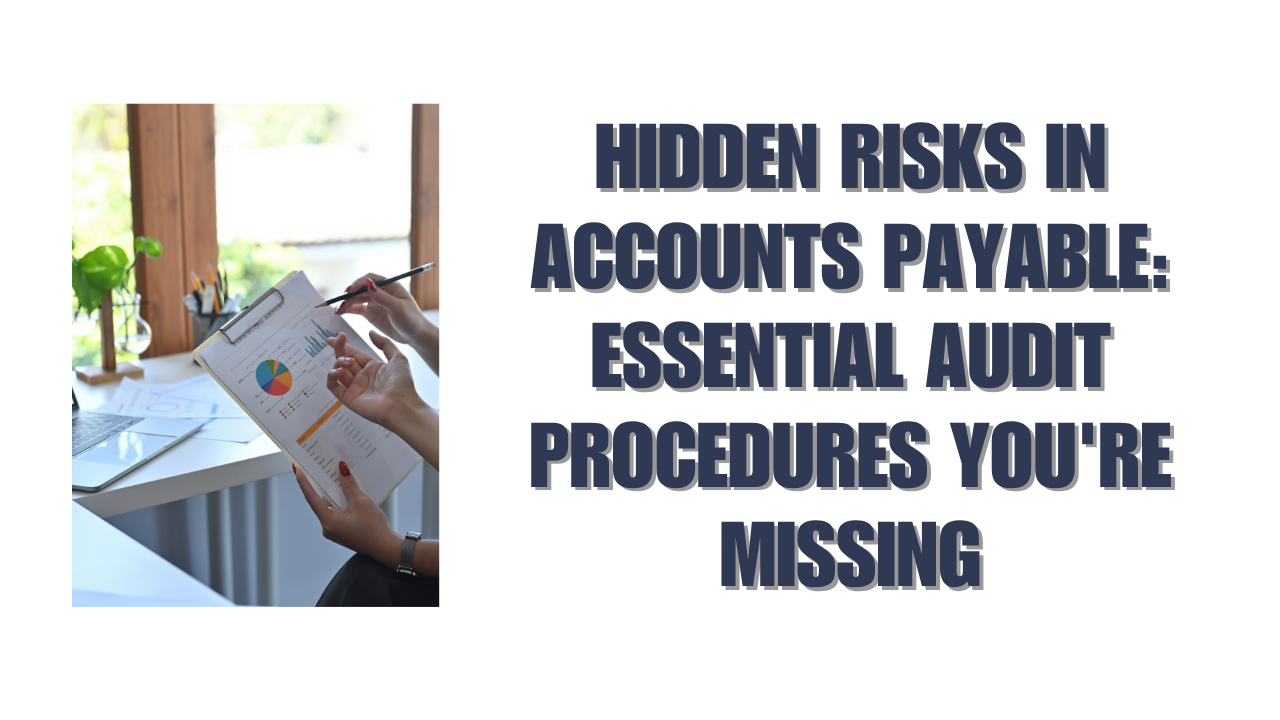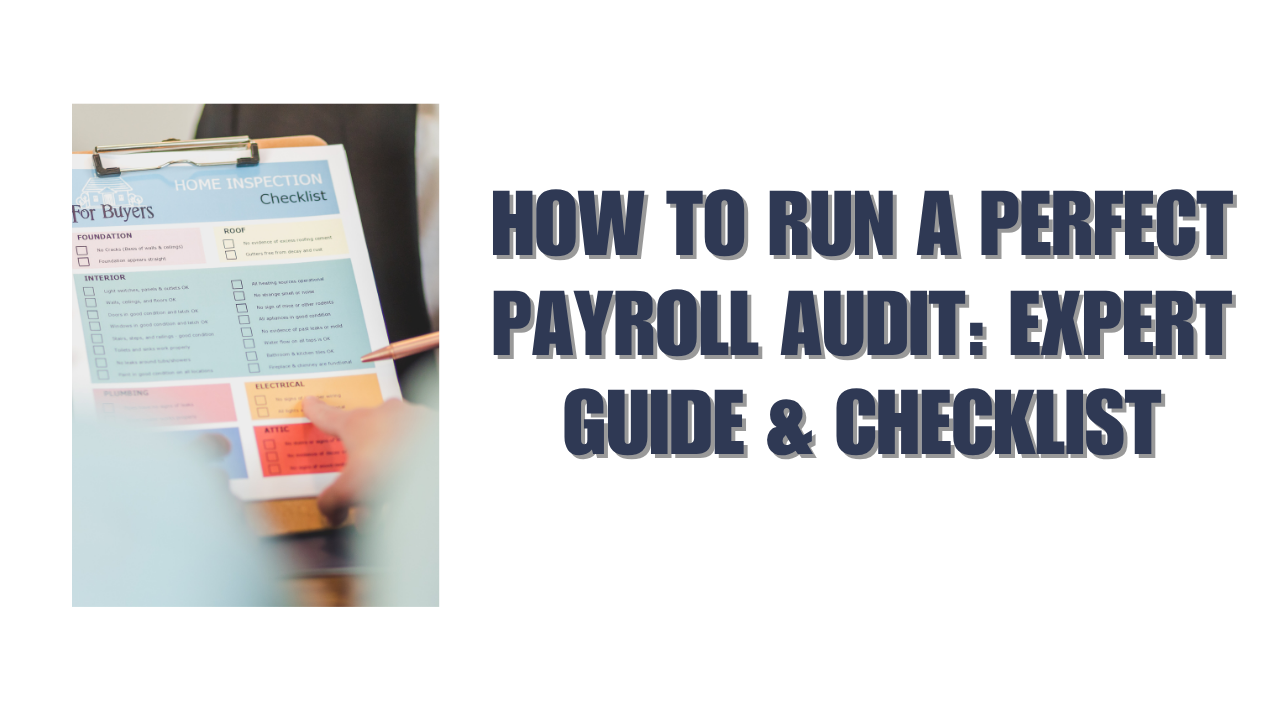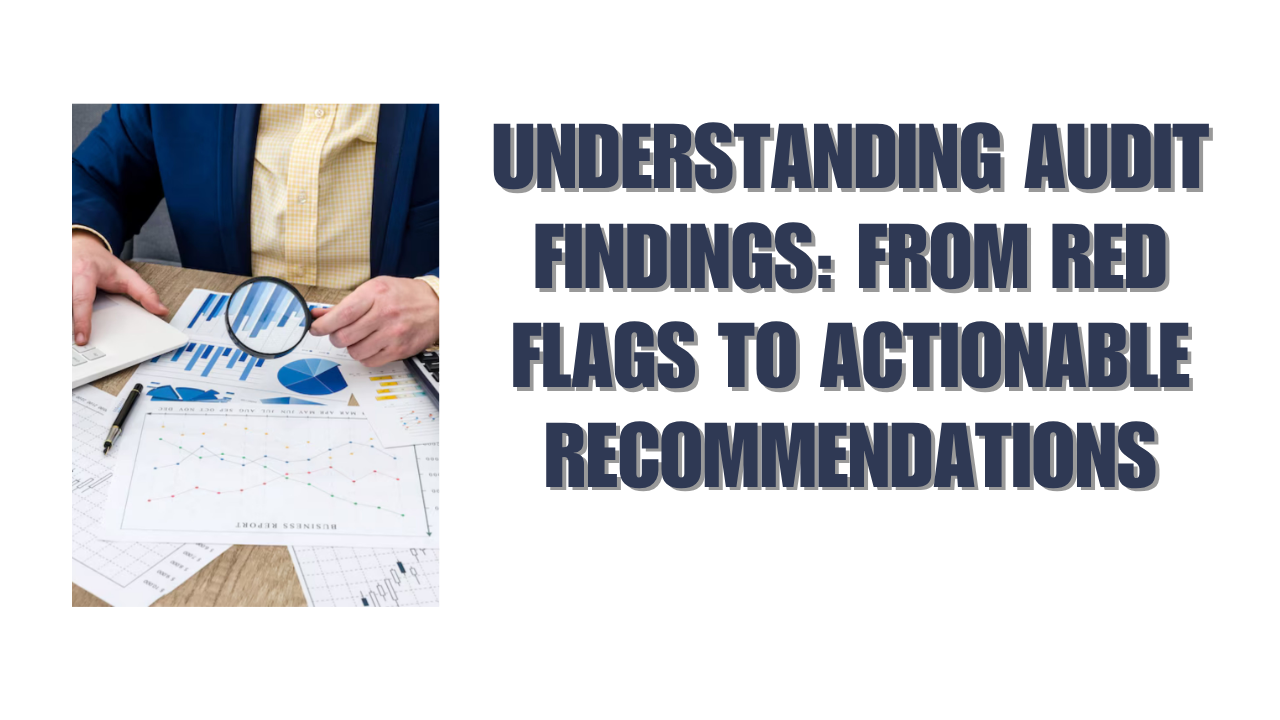Here’s something interesting – New Zealand companies with annual revenue exceeding NZ$33 million or assets over NZ$66 million need audited financial statements.
The thought of working with a New Zealand auditor might feel intimidating at first. Financial statement audits are a vital step that proves your company’s reports accurately show its financial position. This becomes especially important when owners step back from daily operations.
Your business might be approaching these thresholds, or you may want to boost your financial practices. The good news is that preparing for your first audit can be straightforward. This piece will help you understand everything about working with a New Zealand auditor – from basic requirements to document organization.
Want to make your first audit a soaring win? Let’s take a closer look!
Understanding SME Audit Requirements
New Zealand’s government has set specific financial thresholds that determine when SMEs need audits. Companies must prepare financial statements that meet minimum standards if their total income is NZD 56.29 million or less, or total assets are NZD 112.57 million or less in each of the previous two accounting years.
Subsidiaries of multinational companies face lower thresholds. Their total income is capped at NZD 18.76 million or assets at NZD 37.52 million. These rules apply specifically to companies under overseas corporations.
New Zealand requires companies to prepare higher standard financial reports and involve an external auditor when they meet these criteria:
| Criteria | Threshold |
| Annual Revenue | > NZD 56.29 million |
| Total Assets | > NZD 112.57 million |
| Multinational Subsidiary Revenue | > NZD 18.76 million |
| Multinational Subsidiary Assets | > NZD 37.52 million |
Small companies can qualify for reporting exemptions under certain conditions. A business doesn’t need to prepare financial statements if its income and expenditure stay below NZD 51,168 during the income year and it operates independently from any company group.
Non-active companies that have declared their status are exempt from preparing financial statements or filing income tax returns. But they must keep simple tax records and employer documentation if they have employees.
Getting Your Documentation Ready
Good documentation builds the foundation of a successful audit. Your knowledge of providing complete and accurate records will determine how well your first audit goes.
A systematic approach helps organize your financial records better. Your filing system should keep documents in both physical and digital formats, making them available when auditors need them.
These records need special attention for your audit:
- Financial statements and trial balances
- Bank statements and reconciliations
- Source documents including invoices and receipts
- Tax records and returns
- Employment-related documentation
- Asset registers and depreciation schedules
Your business records must stay intact for at least seven years. A clear naming system and filing structure will help you retrieve specific documents quickly. This organization shows compliance with accounting standards and supports your financial statements’ accuracy.
Digital tools like accounting software can streamline your record-keeping. These tools automate data entry, create invoices, and give you complete financial reports. On top of that, keep separate documentation that supports any important judgments or estimates in your financial statements.
We focused on reconciling all accounts before the audit starts. This means matching bank statements with accounting records and putting all transactions in proper categories. Your records should show clear separation between business and personal transactions to stay transparent.
Note that auditors will get into both your internal controls and supporting documentation. Keep detailed records of your company’s policies, procedures, and any changes to accounting practices throughout the year.
Working With Your First Auditor
A productive relationship with your auditor starts with clear communication. Start by choosing one person from your organization to work with the audit team. This makes the information flow smooth and prevents confusion.
First, your auditor needs to understand how your business works. You should set up an introductory meeting to talk about your company’s structure, most important transactions, and complex accounting matters. This early dialog helps auditors shape their approach to fit your needs.
These communication practices will help streamline the process:
- Schedule regular status meetings throughout the audit process
- Provide prompt responses to information requests
- Keep an open dialog about potential issues
- Document all important discussions and decisions
- Set up meetings between auditors and the core team when management isn’t present
First-time audits usually take up to eight weeks. Your preparation level and operation’s complexity will determine the timeline. The first audit costs between NZD 127,000 to NZD 136,000, based on its scope.
The audit process needs your team’s active involvement. Your R&D department must provide details for IP capitalization, IT managers should explain internal control systems, and sales teams need to prepare contract documentation. Making the environment more collaborative will lead to a successful audit.
Note that auditors must stay independent. They can suggest process improvements but cannot make management decisions or implement changes. This professional boundary ensures they can evaluate your financial statements objectively.
Conclusion
Your first SME audit might seem challenging, but proper planning makes the process manageable and worthwhile. A clear understanding of New Zealand’s audit requirements helps. Your team needs to organize documentation and build strong communication with auditors to create a foundation for success.
Good preparation substantially affects audit duration and costs. Companies with well-maintained records and reliable systems experience smoother audits that have fewer complications.
Your team needs enough time to gather required documentation, settle accounts, and fix issues before the audit starts. The first audit presents a great chance to improve financial practices and show your company’s dedication to transparency.
Stakeholders gain confidence in your financial reporting through successful audits. This process helps identify ways to enhance your business operations. Your team should review documentation systems, assess internal controls, and get ready for this key milestone in your company’s growth.
FAQs
Q1. What are the key steps to prepare for a first-time SME audit in New Zealand?
To prepare for your first SME audit, start by understanding the audit requirements, organize your financial documentation, establish a systematic filing system, and ensure all accounts are reconciled. Communicate clearly with your chosen auditor, set up regular status meetings, and be prepared to provide prompt responses to information requests.
Q2. What are the financial thresholds that trigger mandatory audits for SMEs in New Zealand?
In New Zealand, companies must prepare audited financial statements if their annual revenue exceeds NZD 56.29 million or if their total assets are over NZD 112.57 million in each of the previous two accounting years. For subsidiaries of multinational companies, the thresholds are lower at NZD 18.76 million for revenue and NZD 37.52 million for assets.
Q3. How long does a first-time SME audit typically take and what is the estimated cost?
A first-time SME audit can take up to eight weeks to complete, depending on the company’s preparation level and operational complexity. The cost for a first audit typically ranges between NZD 127,000 to NZD 136,000, varying based on the scope of the audit.
Q4. What essential financial records should be prepared for an SME audit?
Essential records for an SME audit include financial statements, trial balances, bank statements and reconciliations, invoices and receipts, tax records and returns, employment-related documentation, and asset registers with depreciation schedules. All business records should be retained for at least seven years.
Q5. How can an SME build a productive relationship with their auditor?
To build a productive relationship with your auditor, establish a single point of contact within your organization, schedule regular status meetings, provide prompt responses to information requests, maintain open dialog about potential issues, and arrange meetings between auditors and key personnel. Remember that while auditors can provide guidance, they must maintain independence and cannot make management decisions.





